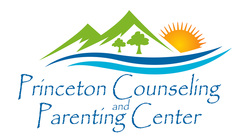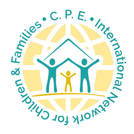|
On average, 40% of all first marriages end in divorce, and over half of those families have children under the age of 18. When you add to that the 57% of millennials choosing to have children outside of a marital union, there are lot of parents who are not living under the same roof. Under the best of circumstances, raising a child is difficult, but when you’re divorced or not living together, it brings a lot of additional challenges.
Ideally, both parents share childcare responsibilities – and the quality of their co-parenting relationship can be characterized by the extent to which they support or fail to support each other. When parents fail to cooperate, it can have consequences for all involved. For years, research has shown that the quality of interaction between separated parents is a strong predictor of the mental health and psychological well-being of children living in this type of family structure and young children especially are at higher risk for anxiety, aggressive behavior, and poor social skills. If you can’t manage to get along, it can cause lasting mental and emotional problems for your kids. In such situations, having a support network is one of the best things you can do for yourself and your family. All parents going through divorce or separation need supportive people that they can talk to, so they don’t speak to their children about any ill feelings about the other parent. A therapist, a friend, a family member, a clergy member, or any supportive individual can make the difference between frustration and anger and learning how to manage your emotions. The following rules an help to build a healthy co-parenting environment:
|
AuthorJill Barnett Kaufman, MSW, LCSW and Certified Parent Educator is an experienced clinician who helps clients discover new ways to resolve a variety of challenges and bring more happiness and peace into their lives. Archives
November 2023
Categories
All
|
|
If you are in crisis or in need of emergency assistance, please call 911. |
|



 RSS Feed
RSS Feed


